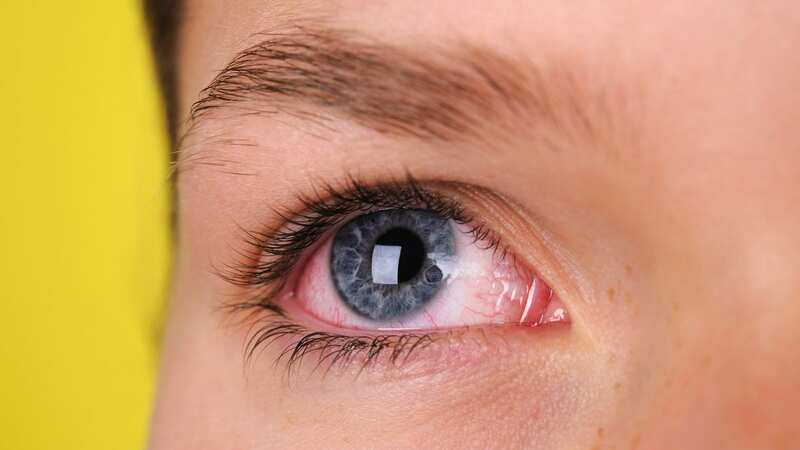

Whilst eye cancer is one of the rarer forms of the disease, diagnoses in the UK are predicted to skyrocket over the next 15 years.
According to Cancer Research, 850 people in the UK are diagnosed with eye cancer annually, which is more than two people every day. However, this figure is slated to increase to more than 2,000 new cases every year by 2038-2040.
As with most types of cancer, an early diagnosis is key to effective treatment and increased survival rate - which currently stands at 60 per cent. But, many symptoms of the disease can easily be overlooked or blamed on less serious health issues - one of these is blurred vision.
Blurred vision can be caused by many eye conditions, including near-sightedness or far-sightedness. But it can also be a warning sign of cancer. There are different types of cancer that can affect the eye, the most common being eye melanoma.
This can spread to other parts of the body, including the lungs, if left untreated. The NHS states that eye cancer will not always present itself with symptoms, and is often picked up during routine eye tests. However, you should always look out for the following signs:
 Teachers, civil servants and train drivers walk out in biggest strike in decade
Teachers, civil servants and train drivers walk out in biggest strike in decade
- Blurred vision
- A dark patch in your eye that's increasing in size
- Shadows/ Flashes of light/ Wiggly lines in your vision
- Partial/ Total loss of vision
- A lump on the eyelid that's getting bigger
- Bulging of one of the eyes
- Eye irritation that won't go away
- Pain in or around the eye. This is a rare side-effect that won't be witnessed by most people.
Want the latest health news and fitness tips sent straight to your inbox? Sign up to our
It's important to stress that these symptoms do not necessarily indicate a diagnosis of eye cancer. Side effects like blurred vision or eye irritation can be caused by a plethora of less threatening issues - such as conjunctivitis - an infection that can be cleared with antibiotics.
If you're concerned about eye cancer, you should contact your GP as soon as possible. Treatment such as brachytherapy may be used. This is where tiny plates coated in a radioactive material are inserted near the tumour and left in place for up to a week to destroy the cancerous cells. Other treatments may include external radiotherapy and surgery.